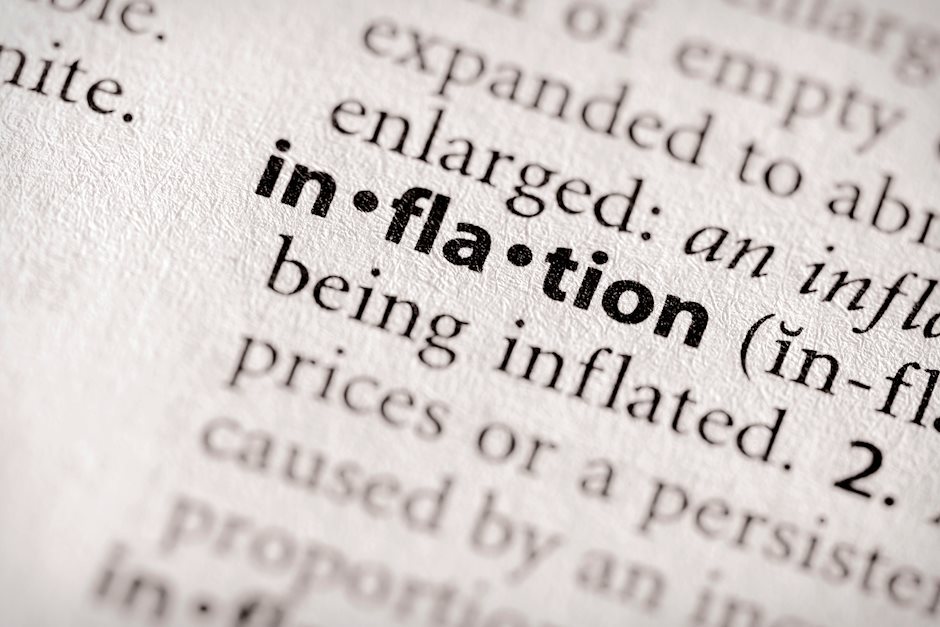Can high inflation and yield surges shape global markets?

Markets
On Friday, strong US eco data (durable goods orders, spending and income data and, last but not least, PCE deflators) all supported the market repositioning that already dominated the price action earlier last week. Markets now acknowledge that with inflation holding stubbornly high (Core PCE 4.7% Y/Y) and no imminent signs of a US recession, the Fed will most likely be forced to raise its policy rate by 25 bps in June or July (fully discounted). The US 2y yield closed above the 4.50% mark (4.56%). In a further curve inversion, the 10-y closed marginally lower at 3.80%, still near the highest level since the financial turmoil in March. US markets yesterday were closed for Memorial day. However, during the weekend the White House and the US House Republicans reached a deal to lift/suspend the US debt limit till January 2025 in exchange for spending caps/cuts. The deal still has to obtain agreement from Congress and apparently there is still some lobbying to do, but both parties look convinced that they will find the necessary majority. The US debt deal didn’t bring any euphoria in the European markets that were open yesterday. In low volume trading, German yields lost between 6.2 bps (2-y) and 10.6 bps (30-y). For now, we consider this as a correction on last week’s protracted uptrend. European equities failed to build on the strong (tech-driven) momentum from end last week (Eurostoxx 50 close -0.4%). The dollar maintained recent gains (DXY close yesterday at 104.20). The correction in European/German yields kept the euro in the defensive (EUR/USD close 1.071).
This morning, Asian markets show a mixed picture, with Chinese indices mostly trading in red, but South Korea outperforming. The US 2-y yield (4.57%) is holding near recent highs. Yields at longer maturities are losing a few bps. The dollar remains well bid (DXY 104.4 area). EUR/USD is losing the 1.07 handle (1.069). The eco calendar today contains house price data and consumer confidence (Conference Board). A modest decline in in the headline confidence index (99.00 from 101.3) is expected. In Europe the EC confidence data will be released. Belgium and Spain will be the first EMU countries to release May inflation data. Later this week, we look out for the German/French and Italian CPI data tomorrow, with the first estimate of the EMU CPI to be released on Thursday. In the US, we keep an eye on the JOLTS job openings (Wednesday), the US manufacturing ISM and the ADP labour report on Thursday and the inevitable US payrolls report on Friday. Markets, just as is the case for central bankers, are in a data-dependent modus. However, at least the technical graphs in US yields don’t suggest a turnaround on last week’s rise unless data would bring really nasty surprises. The picture for German yields is a bit different, with both the 2-y and the 10-y yield near important resistance at 3.0% and 2.50/55% respectively. Here, this week’s EMU (core) inflation data evidently have an important role to play. On FX markets, EUR/USD remains in correction modus. Except for the 1.06 big figure first really important support only comes in at 1.0516/1.0484.
News and views
Spanish prime minister Sanchez will dissolve parliament and call snap elections for July 23, about five months earlier than the one expected for December. The surprise decision followed Sunday’s heavy setback in local and regional elections. Sanchez’ Socialist Party share fell to 28% while the centre-right Partido Popular won 31.5% of the votes, up from 22% in 2019. The far-right Vox more than doubled its votes to 7%. The PP, in some places with Vox support, is set to control eight out of the 12 regions that were being polled. Sanchez said the outcome called for clarifications of the will of the people. Political analysts label it an “all or nothing” move with Sanchez trying to consolidate votes on the scrambled left that has been struggling to resolve a dispute over whether they can and should unite under a single flag.
British Retail Consortium data showed shop price inflation accelerating to 9% y/y (0.5% m/m) in May, up from 8.8% in April and a new record in the series which started tracking in 2005. The numbers follow up on last week’s much stickier headline and even rising core inflation. They also defy expectations back in April that shop price inflation may have peaked. Food prices rose 15.4%, only marginally lower than the 15.7% in April. Non-food inflation picked up from 5.5% to 5.8%. According to Watkins, head of retailer and business insight of the company that produces the data, UK shoppers are trying to save money by looking for promotions and taking advantage of price reductions offered by supermarket loyalty schemes.
Author

KBC Market Research Desk
KBC Bank

















